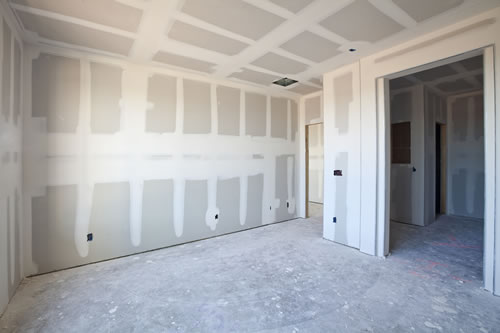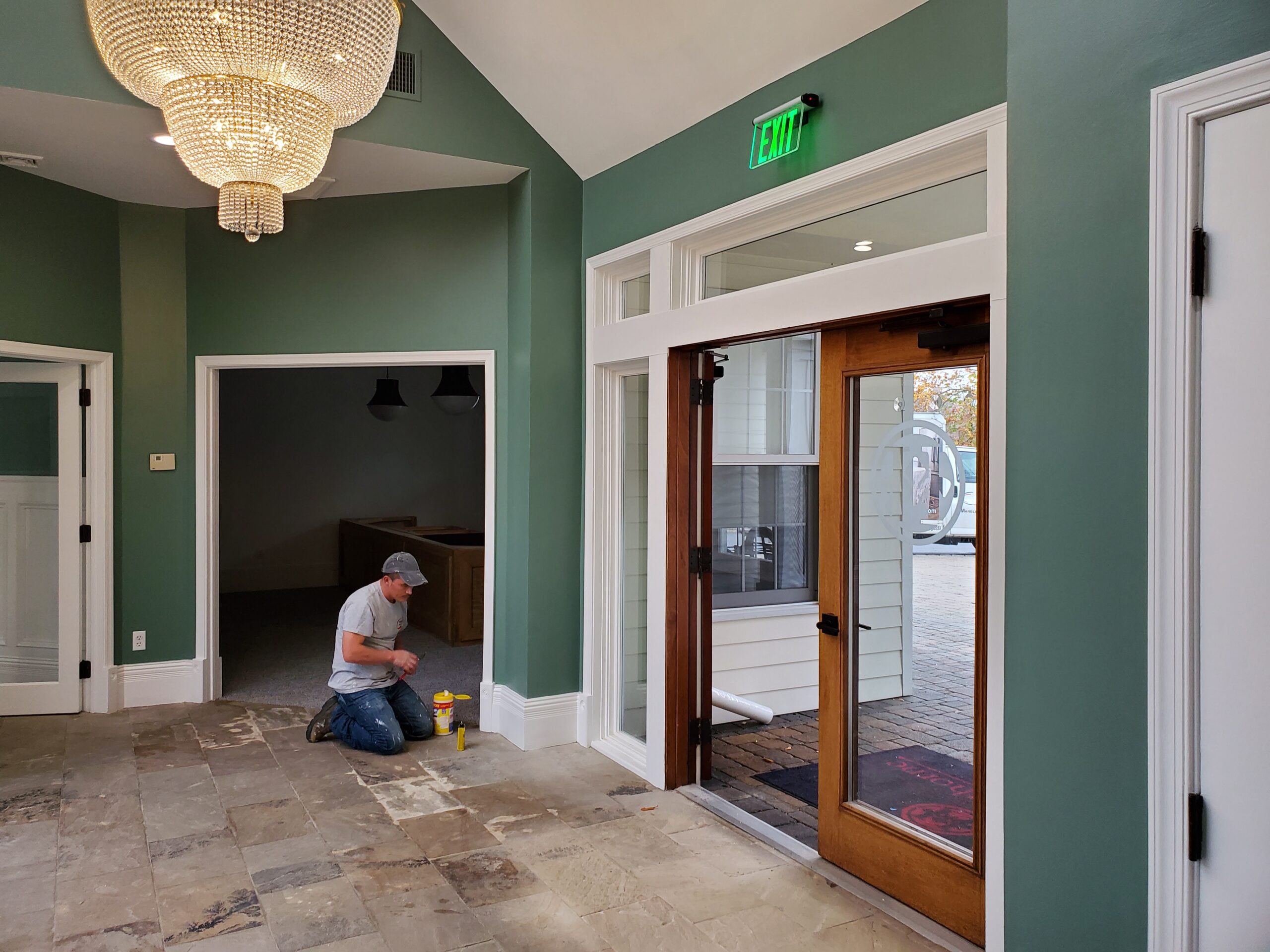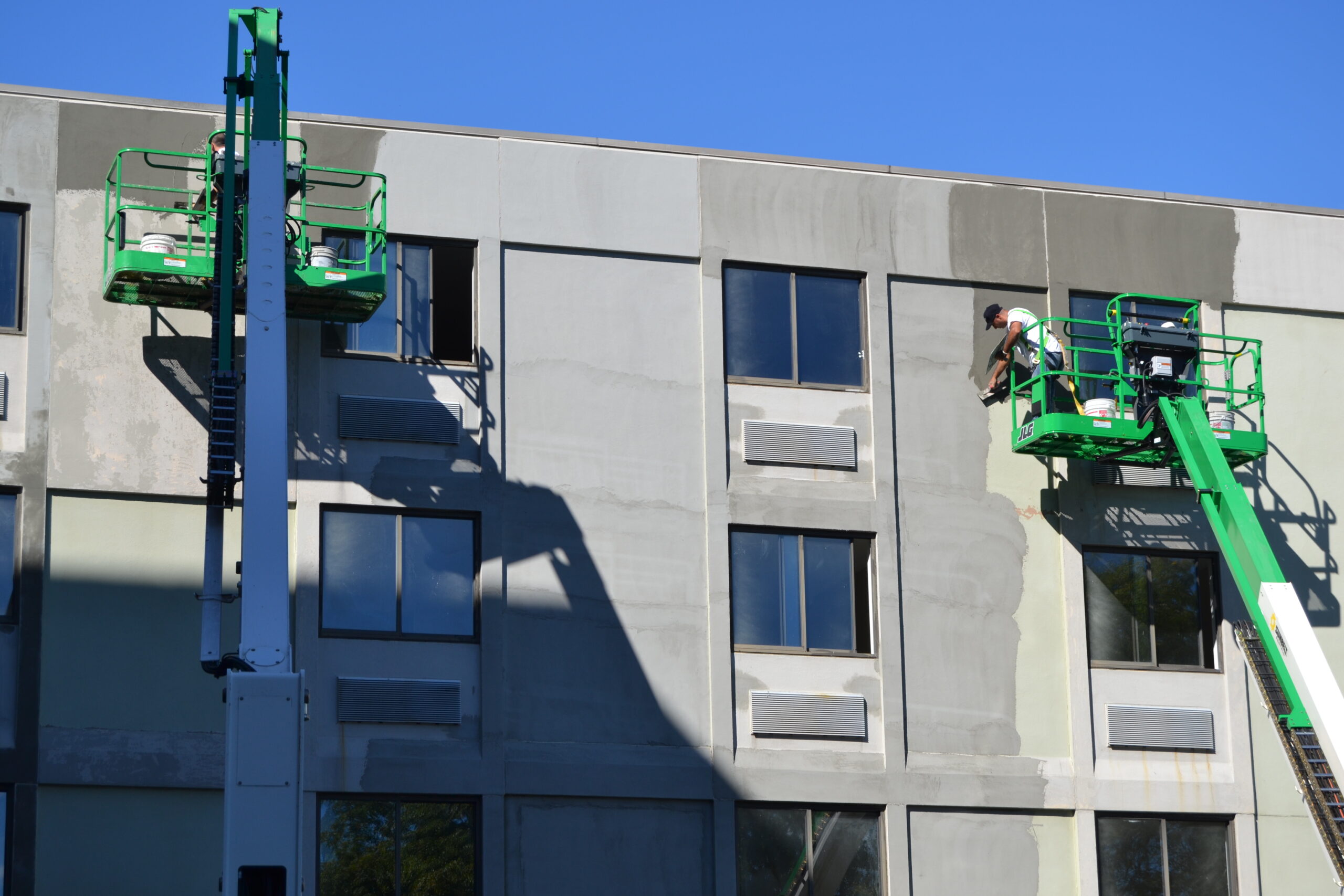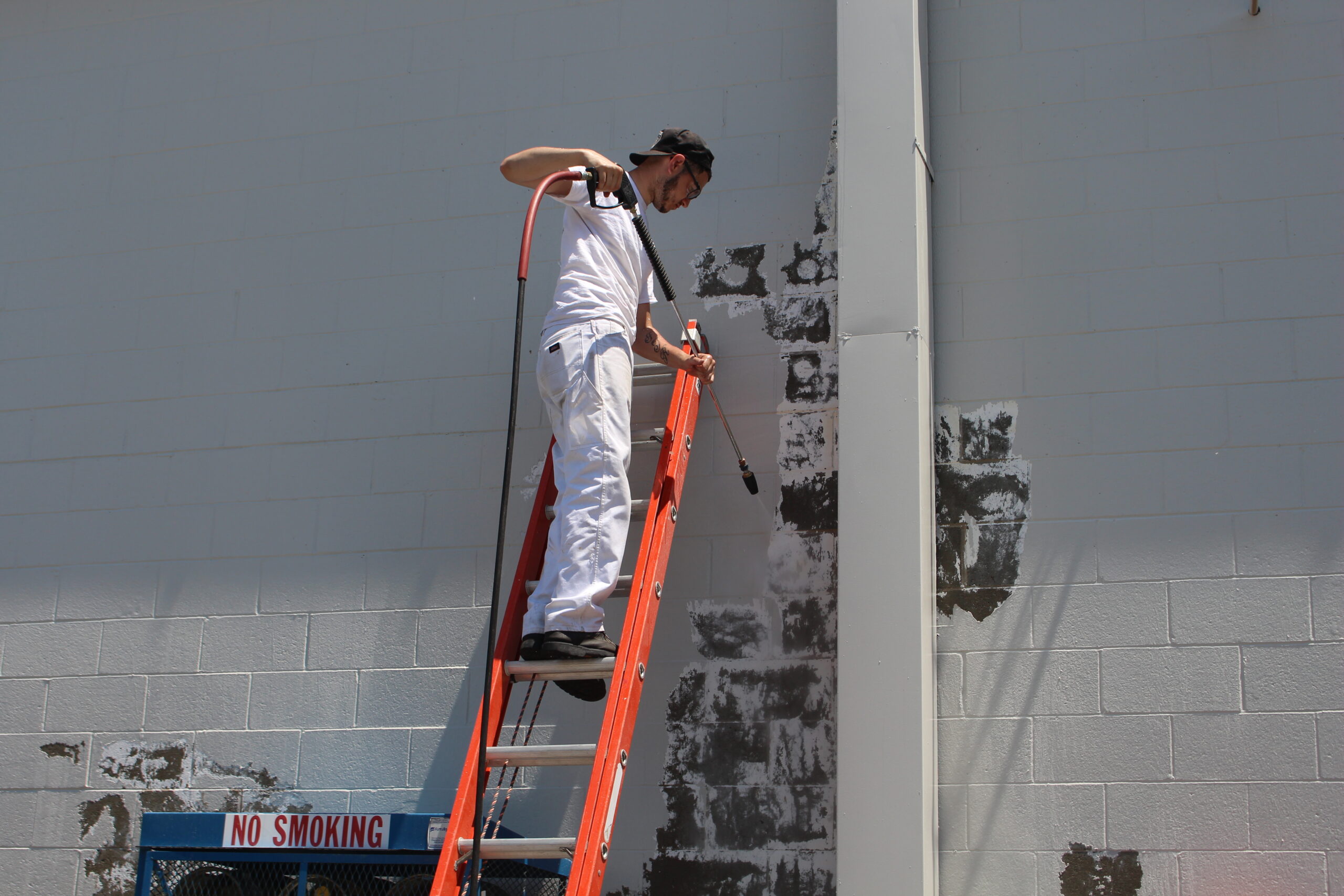
The hospitality industry is structured to meet customer needs at all operational levels. Keeping up with the changing dynamics and redefined trends, hotels have to formulate renovation plans regularly.
Over the years, hotel renovation has led its way to be the most important way to compete in the hotel industry. Hotel owners must maintain a certain level of standard that is both architecturally pleasing and technologically advanced with its services. This hospitality renovation is also viewed as a strong marketing strategy to attract business for the hotel. And, planning a smooth hotel renovation is key to their survival in the continually expanding hospitality industry.
We will explore 5 cost-effective renovation tips that you must know to keep your hotel looking fresh.
1. Understand the renovation project
Having a thorough understanding of the project before you formally start a renovation is crucial. You must have information upfront about what the renovation entails, its scope, and, most importantly, why and how you’ll be proceeding with it. These key areas will further help you in tailoring the budget and structuring other primary details linked to the renovation.
You should be as specific and focused on the project design as you can, narrowing down and defining what you want in detail. The objectives and expected outcomes have to be drafted and finalized in this initial phase. Any second thoughts and reconsiderations along the way may cause your budget to amplify, making the overall hotel renovation a lot costlier than initially forecasted. And, time delays are another drawback that your business cannot afford. So, the first and most important tip is to allow yourself enough time to analyze and understand the renovation so that you can better communicate what you want.
2. Conduct a full-scale survey
A comprehensive evaluation of the existing hotel architecture and operations is key to understanding the renovation project. Look around the premises as precisely as you can, almost as if under a microscope. This will help you identify what needs to be fixed, what needs to be updated, and what must be removed entirely. You can then categorize each identified problem into three main categories: staples, secondary, and add-ons. This classification will give your renovation a 365-degree overview of what is required and what is just an additional requirement that can be accommodated later if the budget allows. This way, the schedule and project timeline can also be formulated in an orderly manner, making it easier for the project team to prioritize the critical tasks and other less important ones that can be left for a later time.
3. Go for a classic concept and durable style
A hotel renovation is often identified as a unique opportunity that directs the hotel to a focused direction to stand apart from its competitors. So, when it comes to deciding the concept and style, you should go for a classic concept that blends in with a contemporary yet durable style. This smart choice will not only give your hotel a clean look but will save you from untimely renovation cycles, securing both your time and your budget.
Solid colors in neutral palettes are an all-time favorite. You can switch from dark and patterned wallpapers to fresh pastel hues. The bed covers and other textiles can be made from soft natural fibers, like cotton. For wall paintings and décor, try to go for more easy-going items that are budget-friendly and have a sense of culture to them. Introducing these minimalistic changes in the style is guaranteed to lend a sense of comfort to all your guests, which they’ll surely love.
4. Prepare a realistic renovation schedule
A well-planned hotel renovation schedule that comes after a well-thought-out process will progress towards successful completion. This timeline is critical for the business because if you do not meet milestones on time, the delay can affect operations. In order to minimize the impact on the business and the hotel guests, your schedule should be foolproof.
If your hotel renovation plan includes large-scale changes that require construction, then you mustn’t disturb the guests staying in it at the time. Leave the surrounding rooms around the construction site empty if you have other rooms to accommodate your guests in. If this is not possible, then it is recommended that you inform guests before-hand about the disturbances expected due to construction work. You can also be a step ahead of this and offer discounts to them to make up for the inconvenience.
If it’s doable for you, completely renovate one room or a particular part of the property to help you analyze how you should plan out and schedule the remaining project. This way, you will be able to revise the renovation plan accordingly.
5. Keep your staff updated
Staff engagement during hotel renovation is equally as important as the renovation itself. You must keep all your staff members updated and informed about the renovation plans, expected time of completion, and other relevant details. This should be a regular practice by either the project manager or any other team member. Weekly updates to the staff (including housekeeping) will help them better perform and communicate with the guests. They are an integral part of your business and must be informed of everything happening to ensure things run smoothly and without any disruption.
The hotel industry has always put a competitive play in the market by setting hotel renovation as a benchmark for the competition. Therefore, as a hotel owner, you must understand the need for hotel renovation and upgrade your property accordingly if you wish to keep track of the latest trends. This way, your hotel will be kept fresh for guests, accelerating your business to new heights of success in the industry.
Like our must know hotel renovation tips? Contact us today for a free quote!









